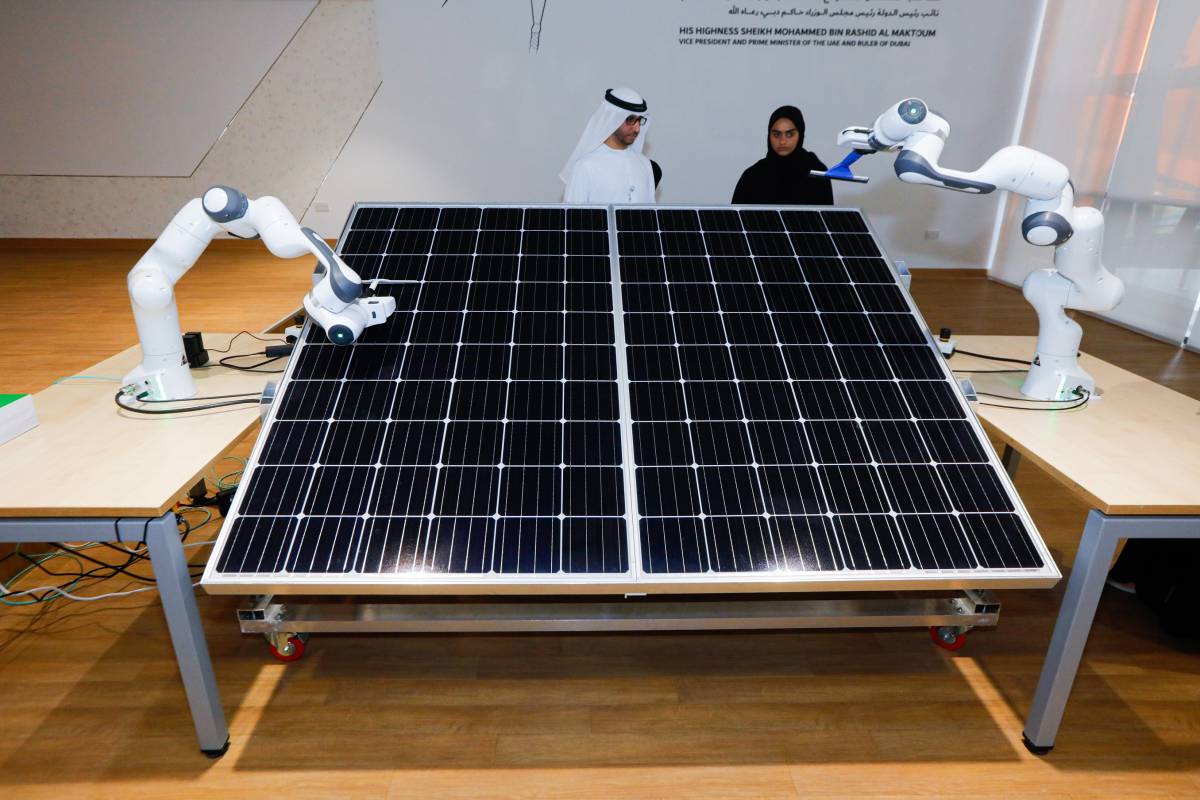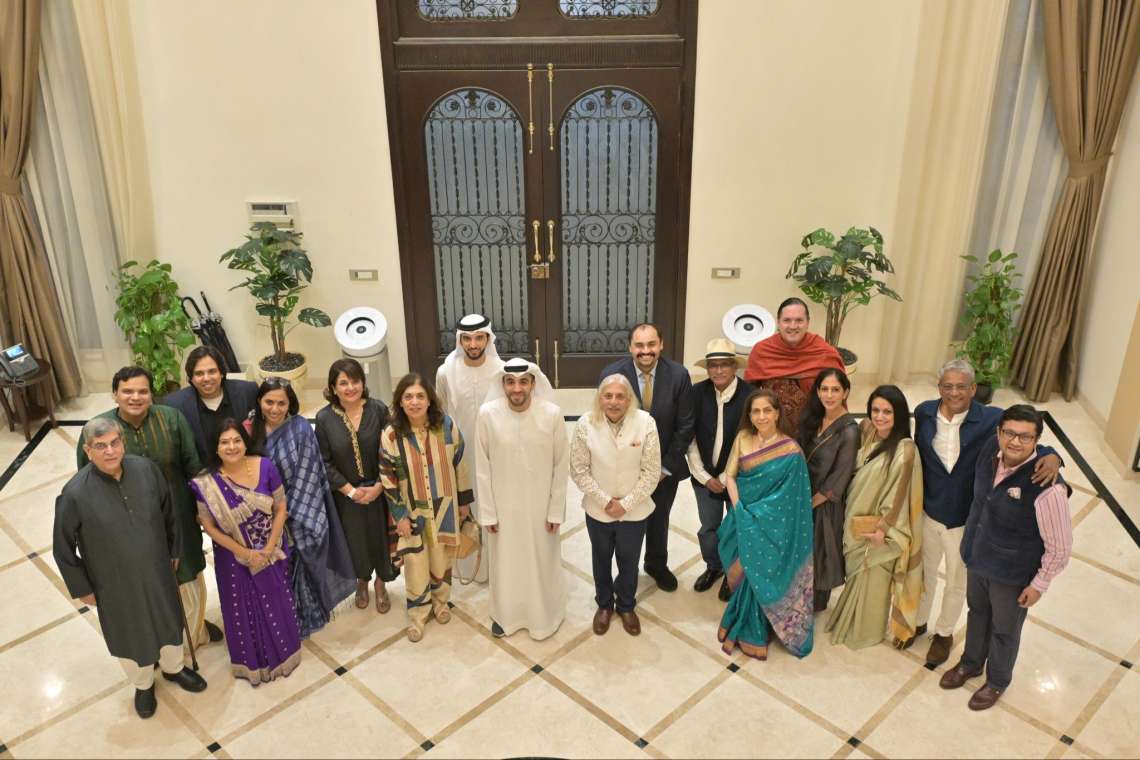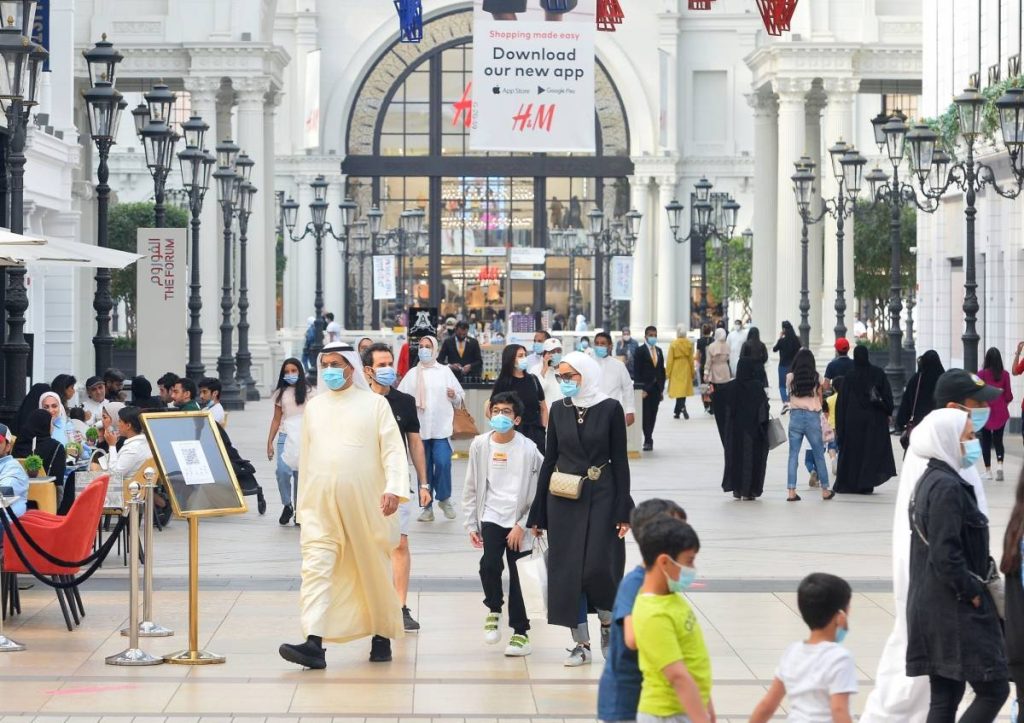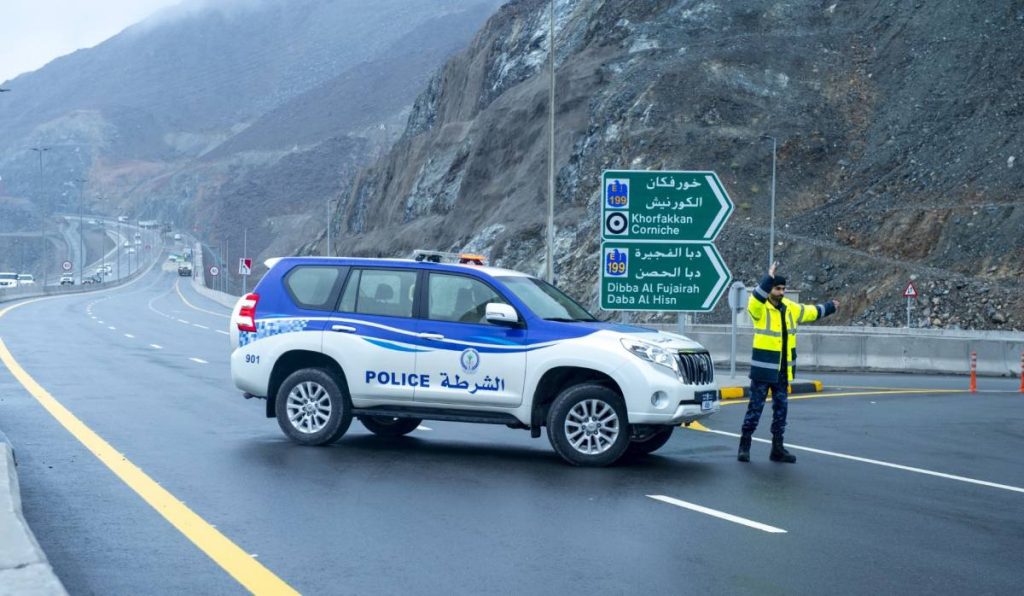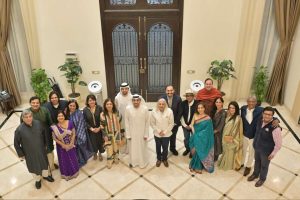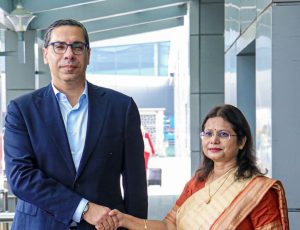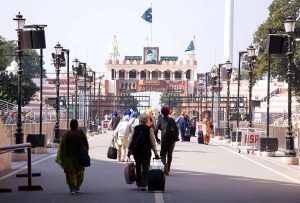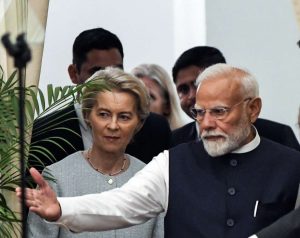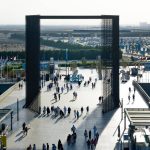Al Tayer noted that the R&D Centre at the Mohammed bin Rashid Al Maktoum Solar Park supports innovation in all production and operational areas, becoming a global platform to enhance the operations and services of DEWA’s divisions…reports Asian Lite News
Dubai Electricity and Water Authority’s (DEWA) R&D Centre employs Artificial Intelligence (AI), Machine Learning (ML) and Deep Learning (DL) to promote DEWA’s efforts to enrich the experience of customers, employees, and stakeholders. This also aims to reduce costs and carbon emissions in addition to promoting energy efficiency, smart grid integration and improving the performance of photovoltaic solar panels.
“At DEWA, we work in accordance with the directives of Sheikh Mohammed bin Rashid Al Maktoum, Vice President, Prime Minister and Ruler of Dubai, to use AI to improve services and achieve the UAE Artificial Intelligence Strategy 2031, and enhance the UAE and Dubai’s position as a global hub for the Fourth Industrial Revolution technologies and disruptive technologies. DEWA started its AI journey in 2017 with a road map for AI applications. We launched several services and initiatives that use AI to add value to the customer, employee and stakeholder experience. DEWA is one of the first government organisations in Dubai to use self-assessment tools to ensure it is using the most critical AI applications ethically with corrective measures as needed,” said Saeed Mohammed Al Tayer, MD & CEO of DEWA.
Al Tayer noted that the R&D Centre at the Mohammed bin Rashid Al Maktoum Solar Park supports innovation in all production and operational areas, becoming a global platform to enhance the operations and services of DEWA’s divisions.
Energy Efficiency The R&D Centre employs AI, ML, and DL to analyse load consumption, and develop expansion plans for DEWA to raise energy efficiency and improve demand-side management. The application of AI in big-data analytics for building performance gives rise to improved benchmarking tools, to validate energy project simulations, and leads to a better understanding of energy usage. It also enables the quantification of cooling loads in Dubai buildings and identifies how these impact DEWA’s peak power demand.
The use of AI on smart metre data through ML & DL models helps to identify the various electrical appliances in use, detect faulty devices and forecast peak load periods and profiles. These technologies allow improved energy storage and load distribution management, while indicating opportunities for energy retrofits in buildings. It also increases the efficiency of energy generation reserve, reduces carbon dioxide emissions and saves 20 percent on costs.
Smart Grid Integration The Centre uses smart metre data with machine learning to provide insights into the LV networks. It uses sensor measurements and Internet of Things (IoT), historic asset load, inspection and maintenance data to diagnose critical assets and predict faults, and estimate the Remaining Useful Life (RUL). Moreover, it detects potential interruption for medium volt cables; uses the AI-based interruption data record to predict the tripping of protection relays, and the set-points on the high voltage network to remove congestion. It deploys fault detection and predictive maintenance solutions to improve key DEWA metrics like the Customer Minutes Lost (CML) and the System Average Interruption Duration Index (SAIDI).
Solar Resources and Forecasting programme The programme develops multiple models for evaluating solar resources, the amount of solar radiation and the expected production capacity of solar energy systems, based on AI and ML, and neural networks of all kinds such as Recurrent Neural Network (RNN), Long short-term memory (LSTM) networks, XGBoost, and UNET.
Solar forecasting research group Deep Learning and neural networks are applied to detect clouds and fog from sky cameras and satellite images by means of a multiResnet network which improves the popular UNET model for computer vision, and reduce costs, and carbon emissions by increasing the generation of solar power.
Solar cell programme The Centre uses AI in conjunction with material science – termed ‘materials informatics’, to develop environmentally compatible lead-free materials for high-efficiency novel economic solar cells.
Improving the performance of photovoltaic solar panels The Centre uses deep learning to detect soiling and dust spots on photovoltaic panels and enhance the thermal images captured by Unmanned Aerial Vehicle (UAV) and Real-Time Kinetic Energy systems. The Centre published several research papers in international scientific conferences on ‘Autonomous PV panel detection using a drone;’ and ‘Enhanced PV Panel Detection Using Drones Equipped with RTK’.

